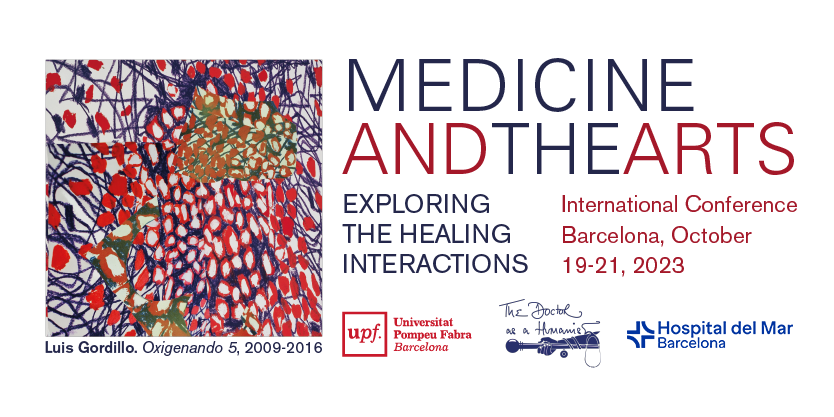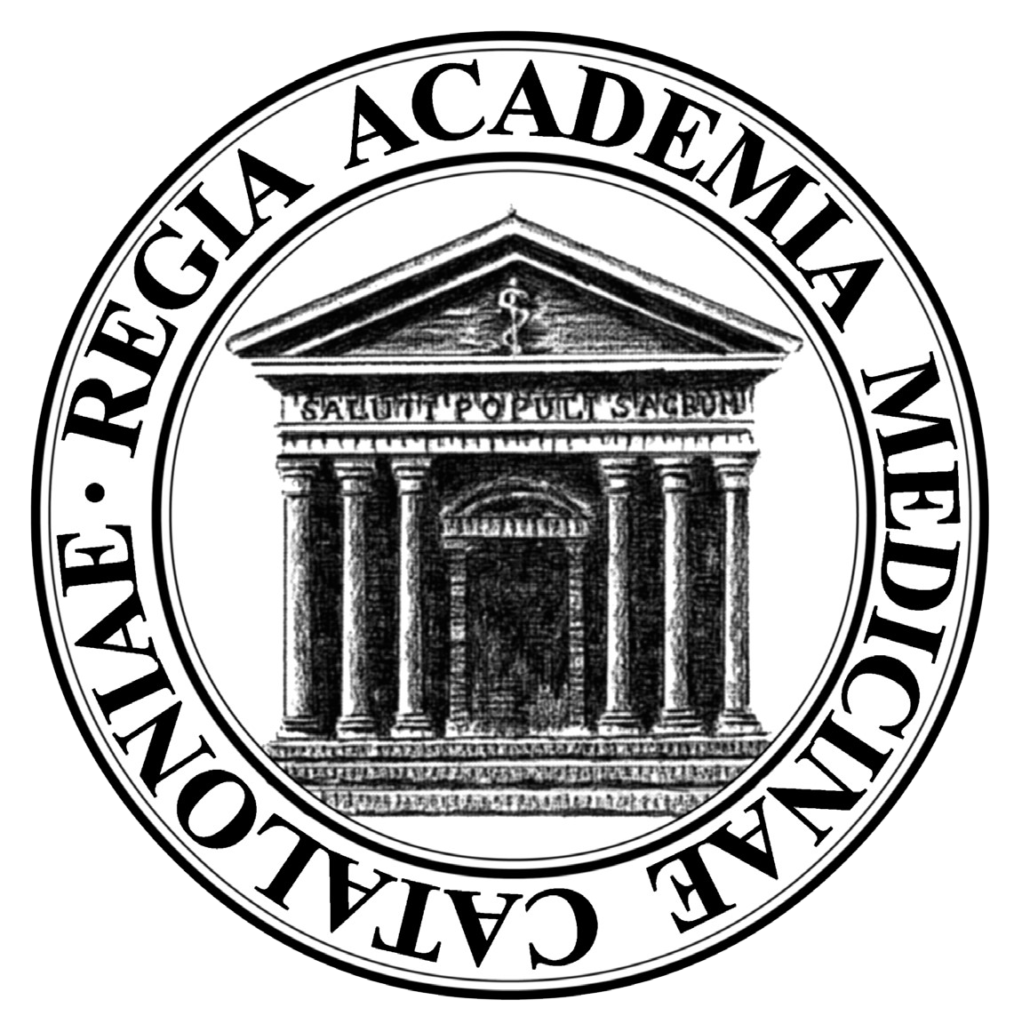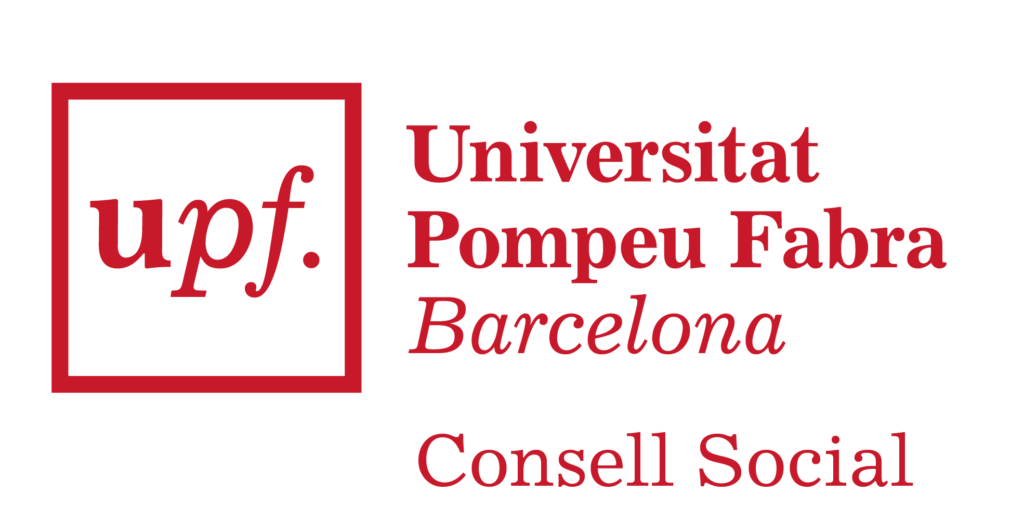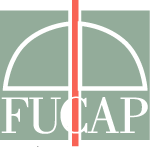Art and science together are potent medicine, capable of radically transforming our physical health
Authors: Susan Magsamen & Ivy Ross
Barcelona, 19-21 October. We are waiting for you!
Greetings from the Organizers
Medicine and healthcare seem to be at a crossroads; some may say, reinterpreting Shakespeare that there is something rotten in the state medical education, and thus in healthcare, in general. And certainly, since the pandemic, whose vestiges are still being seen around the world, not least, in this terrifying mental health pandemic, the crisis enveloping the health care systems around the world has worsened. For the first time nurses and doctors are striking in countries in Europe (e.g., the United Kingdom); unheard of in times past.
But there is hope. The Czech poet and former president wrote beautifully about it when he said, “Either we have hope within us, or we do not. It is a dimension of the soul and is not essentially dependent on some particular observation of the world. Hope is an orientation of the spirit, an orientation of the heart. It transcends the world that is immediately experienced and is anchored somewhere beyond its horizons.”
And this seems to me where Art can play its role, and not only in healthcare and medicine but in society and societies, overall, for ‘Art is our one true global language…..it speaks to our need to reveal, heal, and transform.’2
And, in this international conference Medicine and The Arts, we just need to look at the subtitle to see our aims and objectives – to “explore healing interactions”. Art in all its multitudinous dimensions, which will be explored, discussed, debated, and ‘seen’ throughout the 3 day-conference by experts from the Arts, Doctors, students and all who care about our health and the health of this beautiful planet, can help heal. It can help us to heal the healthcare systems, to heal the health practitioner, to heal the patient, the caregiver, society.
I truly believe in the healing powers of Art, because at heart we humans are feeling beings who think and NOT the other way around. And Art makes us feel.
So, come and ‘feel’ with us, ‘think’ with us and try to heal the breaking healthcare systems.
Jonathan McFarland
President of The Doctor as a Humanist
Anne-Loius Girodet de Roussy-Tripson – Hippocrates refusing the gifts of Artaxerxes (1792)








